A study of the historical roots of law from Roman times, the schools of legal thought that spurred the growth and development of law, and the primordial purpose of law and legal education.
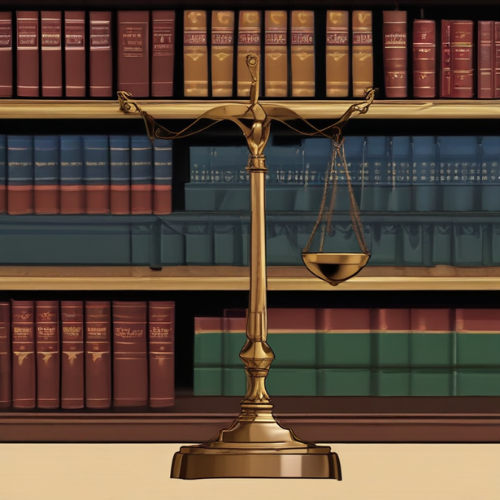
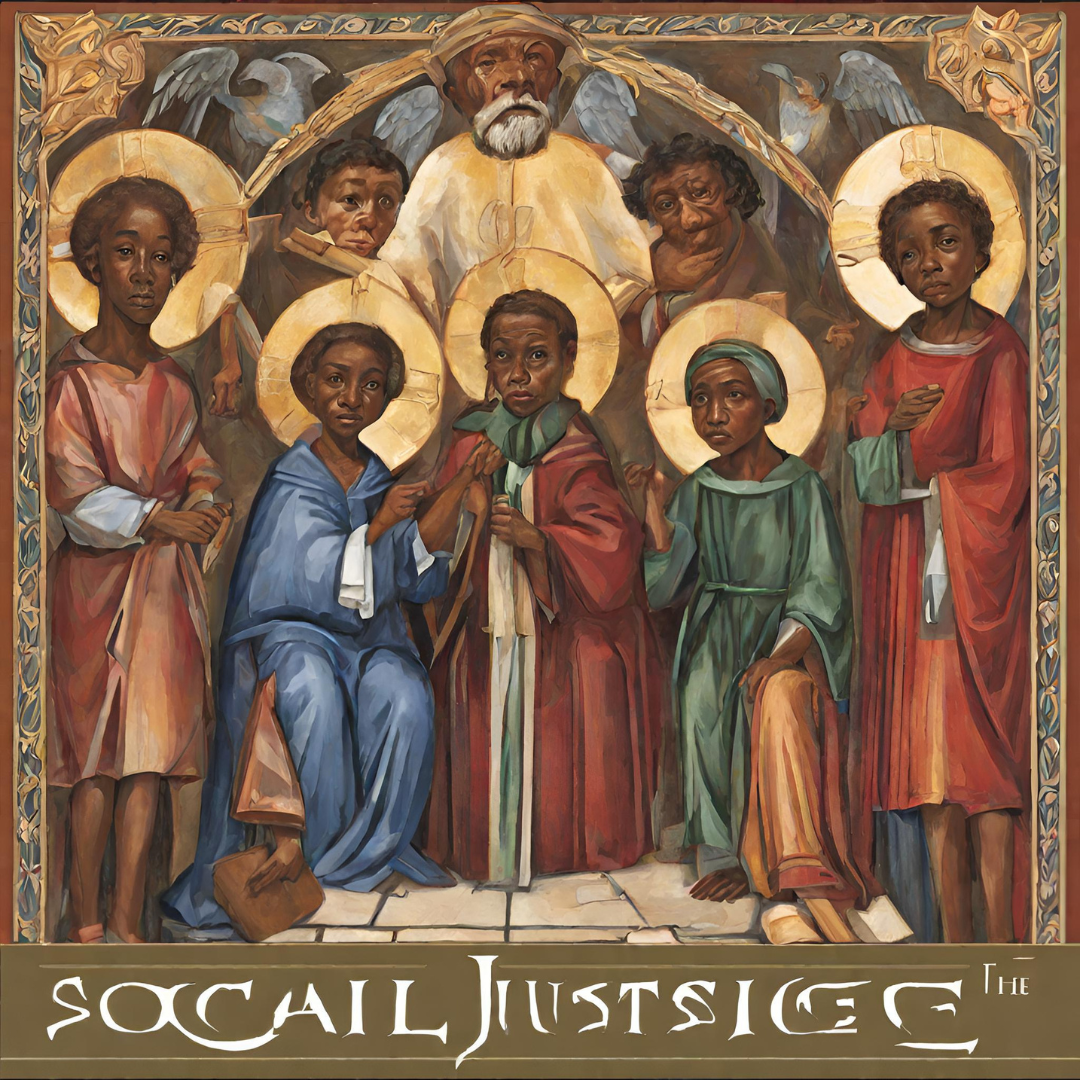
- Professor: Dr. Ramon Almoneda
This course focuses on the canons of legal ethics, pertinent provisions of laws and rules on norms of conduct, and other similar principles involving the duties and responsibilities of the lawyer and law student practitioners with respect to the public or society, the Bar or legal profession, the Courts and the client. The course also covers the ethical norms of conduct for the members of the judiciary, whether judicial or non-judicial. This course is an enhancement of the previous Basic Legal Ethics course.

- Professor: Atty. Florante Nacor
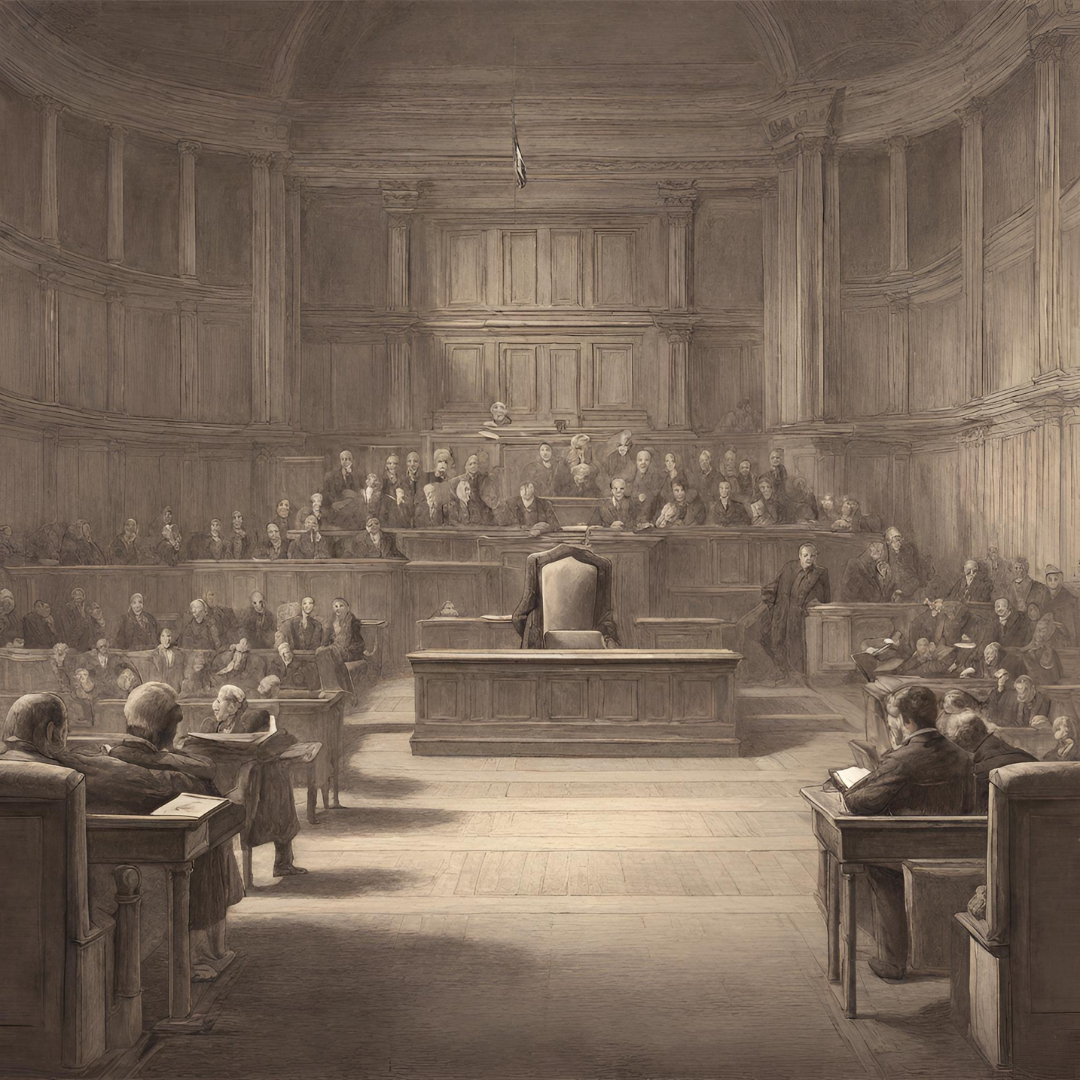
- Professor: Atty. Ricky Tomotorgo
A course that explores the use and force of statutes and the principles and methods of their construction and interpretation. The course also includes a discussion on the language of the law, and the interpretation and effectivity of laws as provided under the Civil Code.

- Professor: Joseph Ceasar Sahurda
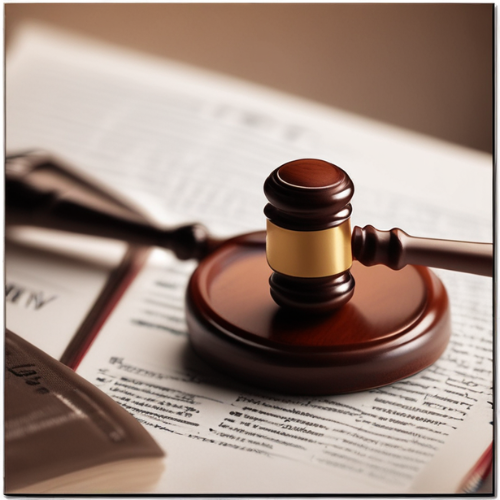
- Professor: Atty. Kristie Xyla Amaro-Gonzalvo
Alternatively entitled as Foundations and Principles of Criminal Law, it is a detailed examination into the characteristics of criminal law, the nature of felonies, stages of execution, circumstances affecting criminal liability, persons criminally liable; the extent and extinction of criminal liability as well as the understanding of penalties in criminal law, their nature and theories, classes, crimes, habitual delinquency, juvenile delinquency, the Indeterminate Sentence Law and the Probation Law. The course covers Articles 1-113 of the Revised Penal Code and related laws.
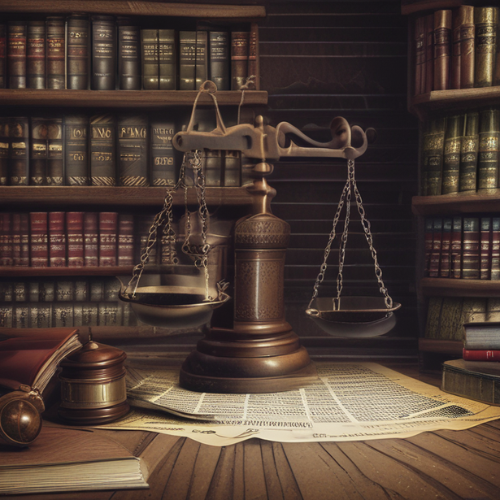
- Professor: Pros. Francy Tormes-Mancera
